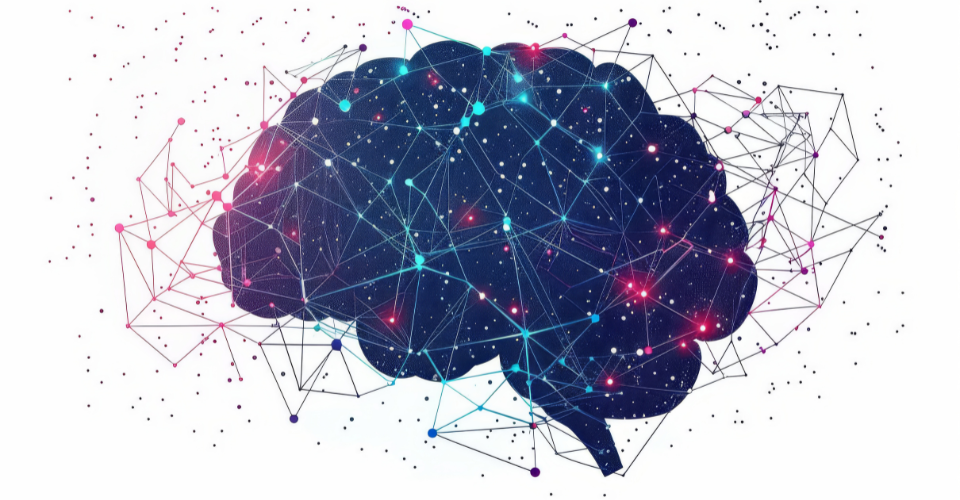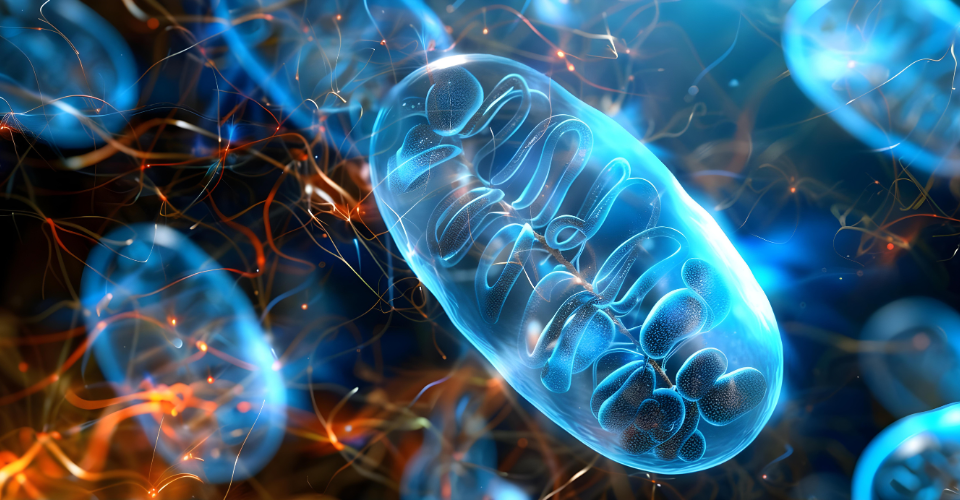Researchers from Spain have delved into our genetic past and uncovered intriguing insights into how genetic legacy from Denisovans, might play a role in influencing mental health.
The study suggests that part of our genetic heritage, originating from a gene known as SLC30A9, might have evolved through positive selection and could predispose us to certain mental health conditions like depression.
The Denisovans, an ancient human population, shared a genetic connection with modern humans through interbreeding tens of thousands of years ago. This connection has left a lasting impact on the genetic makeup of contemporary humans.
To better understand how this genetic legacy might influence mental health, the researchers delved into the function of the SLC30A9 gene.
SLC30A9 is responsible for regulating zinc transportation across cell membranes, a vital process for maintaining healthy growth and ensuring the proper functioning of neurological and immune systems.
The gene adaptation resulting from Denisovan interbreeding appears to fine-tune the regulation of zinc, influencing various cellular structures in the process.
Mitochondria, often described as the “powerhouses” of cells, were among the structures found to be affected by this genetic variation. Changes in how mitochondria handle zinc could impact metabolism, potentially influencing an individual’s overall health.
Genetic Legacy from Denisovans And Denisovans’ Contribution to Modern Humans
The researchers’ genetic analysis revealed that the SLC30A9 gene variation linked to Denisovans played a significant role in this genetic adaptation. While a direct match was identified in East Asian populations, it was notably absent in Neanderthal populations.
This finding strengthens the argument that our genetic connection to Denisovans has contributed to this particular gene variation, selected and passed down to current human populations.
Jorge Garcia-Calleja, an evolutionary biologist from UPF, emphasized that the adaptation likely provided humans with an advantage, perhaps offering better protection against cold climates. This revelation underscores the notion that Denisovan genes continue to influence our genetic makeup in ways that go beyond our understanding.
The SLC30A9 gene variation is not solely tied to physical adaptations; it also has potential links to mental health. Previous studies have associated this gene variant with a higher risk of depression and other mental disorders. Therefore, it is plausible that the genetic legacy inherited from the Denisovans is intertwined with our mental health.
Evolutionary biologist Ana Roca-Umbert, also from UPF, noted that the past interbreeding with archaic humans, possibly the Denisovans, has left a profound genetic mark on our species.
The complex relationship between genetics and mental health continues to be an area of active research, with many more discoveries expected to further our understanding of how our genes shape our well-being.
This study exemplifies how a seemingly distant genetic legacy can impact aspects of our lives, from our physical adaptations to our mental health. As researchers uncover more about our ancient ancestors and their contributions to our modern genetic makeup, the intricate tapestry of human evolution becomes ever more fascinating and complex.




























